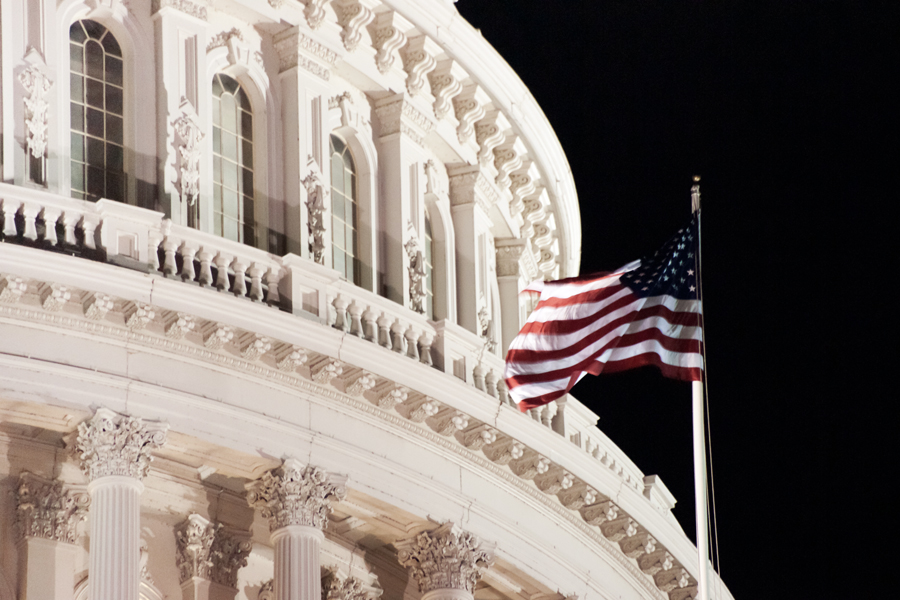November 13, 2024
Trump must not betray “America first”
By Dan Caldwell

Donald Trump has achieved a political comeback with no parallel since the Gilded Age, when Grover Cleveland won reelection to the presidency in nonconsecutive terms. On his way to this latest victory, Trump provoked a popular backlash against both major political parties’ establishments. This realignment underscores a shift in the GOP’s constituent demographics and illuminates a broader transformation within the electorate itself.
To understand why this seismic shift occurred, it is necessary to examine more fully one of the aspects of Trump’s appeal: his heterodox approach to foreign policy. Trump’s vision of the U.S. role in the world stood in sharp contrast with President Joe Biden’s dogged commitment to the post–Cold War consensus that the United States should remain stalwart in its pursuit of liberal hegemony through global primacy—a doctrine that Vice President Kamala Harris and her surrogates enthusiastically embraced while on the campaign trail. Although voters reported that domestic issues such as immigration and inflation were their main concerns, these priorities reflect—and were driven by—their shifting attitudes toward American foreign policy. Indeed, foreign policy proved a decisive issue for key communities in crucial swing states.
In the aftermath of the United States’ post-9/11 foreign policy disasters, an increasing number of Americans oppose their country’s heavy reliance on the use of military force to achieve its foreign policy objectives. Instead, they want policymakers to focus on challenges at home and be more cautious when they send U.S. service members into combat. Trump’s victory signals that breaking with the post–Cold War orthodoxy on foreign policy is both sound policy and smart politics. Many Republicans in Washington, however, still believe that the United States should pursue an interventionist foreign policy; as of this writing, Trump’s national security team is still taking shape. But regardless of his personnel decisions, U.S. foreign policy must take cues from the election and reorient around the risk of strategic insolvency, the reality that the U.S. defense industrial base is overworked, and the relative flexibility afforded by a second-term executive relieved of the pressure of reelection. Instead of doubling down on American primacy, the GOP should more fully embrace a foreign policy of realism and restraint that prioritizes American interests over maintaining the hegemony of liberal values worldwide.
More on Western Hemisphere

April 10, 2025

By Erik Gartzke
April 7, 2025

Featuring Daniel DePetris
April 3, 2025

Featuring Jennifer Kavanagh
March 28, 2025
Events on Grand strategy





